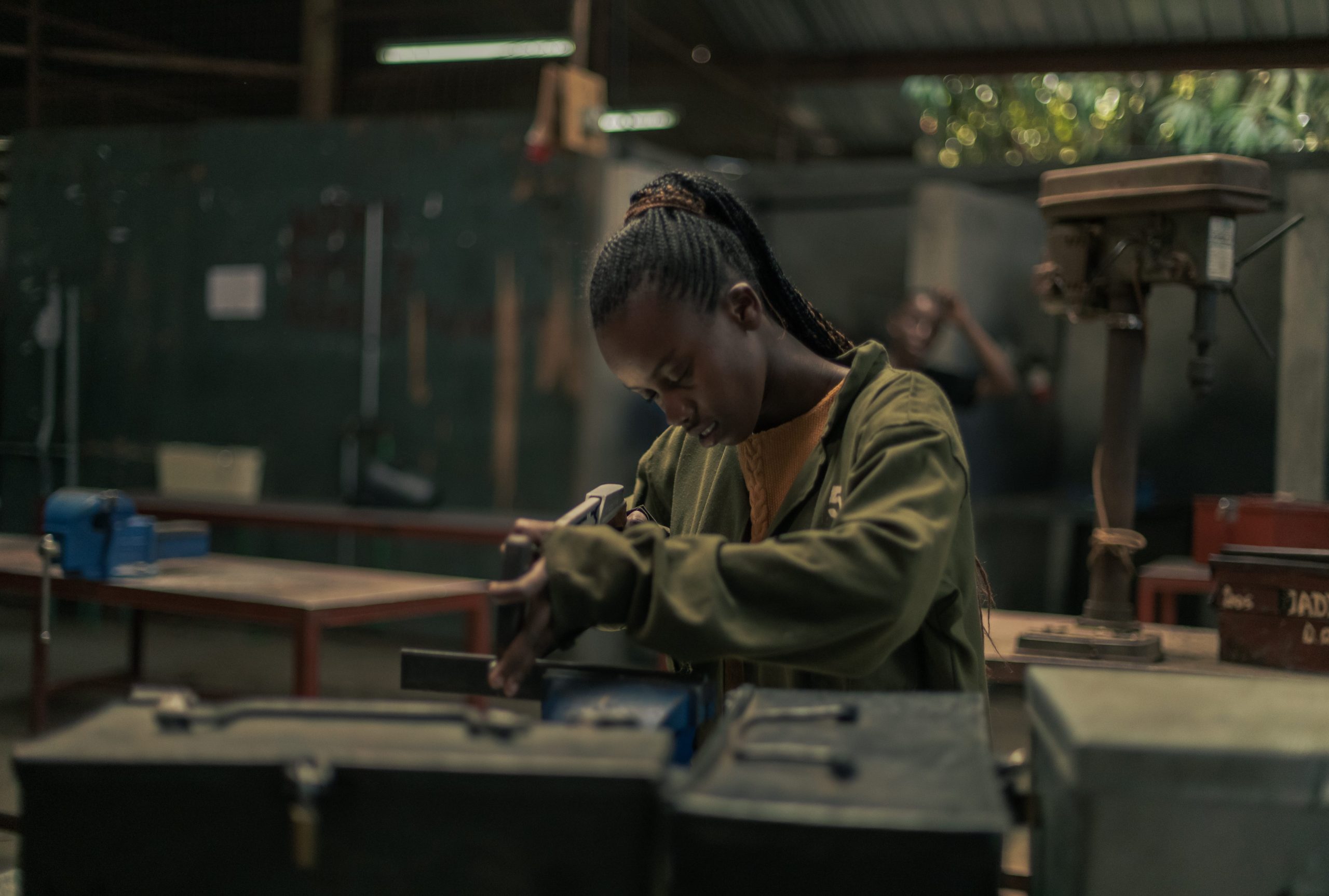In view of the Italy-Africa 2024 Conference, Giampaolo Silvestri, AVSI's secretary general, signs an article on the Italian newspaper Corriere della Sera in which he highlights which ones, according to AVSI's experience, should and could be the main priorities of Italy’s Mattei Plan (a plan for a new development partnership between Italy and Africa).
The Mattei Plan can be a great opportunity for Italy and its relationship with Africa, Europe and the whole world.
Italy, Africa and the "Mattei Plan"
by Giampaolo Silvestri, AVSI Secretary General
This relationship can only work if it is built on an equal partnership, and it is clear simply by acknowledging reality, without any need for masked idealism.
Toward the end of January, the Italy-Africa summit will take place at the Farnesina, the headquarters of the Italian Foreign Ministry. This international event will bring back attention to our relationship with the complex, multifaceted continent on the other side of the Mediterranean. This relationship can only work if it is built on an equal partnership, and it is clear simply by acknowledging reality, without any need for masked idealism.
The pandemic, wars, the climate crisis, everything is sending us a clear message: all of us, whether we live in the so-called Global North or South, are being faced with the same challenge of sustainable development. If we want to further grow and develop, we cannot do it by ourselves, as we won’t reach any new goal on our own. In the same way, there is no future in the illusion of competing with other great world powers in a race to exploit Africa, its energy sources and commodities to our advantage. Our collaboration must be built on a completely different level, as we can keep standing only if together we look for clean energy sources for everyone. No one is saved alone.
Environmental crises, such as economic ones, strike regardless of national borders or GDP rates. We are not only called to decolonize aid, and thus to overcome “predatory ways” to support development, but also to abandon a quid pro quo method, based on the concept “you give me your commodities, in exchange I’ll give you my know-how”. These illusions will not stand the test of time as reality changes. The demographic winter in European countries and the scale of migration flows from Africa are just two of the many indicators we could choose to show how much and how fast the context we work in is changing, breaking down the old categories of reference.
This awareness and broad temporal and geographical horizon, which should never be reduced just to security issues, are what make us believe that the Mattei Plan, announced in many official speeches in international fora, could be an effective contribution made by our country to foreign policy in view of a common growth. This, as a matter of fact, will be the name of the Italian Plan for a new development partnership between Italy and Africa, which is supposed to be launched soon. Now that the Plan’s governance has been laid down by a decree-law, we finally await its official presentation and launch.
For those who have been working in development cooperation in Africa for half a century, side by side with people living in the most remote places, the priorities the Plan should have are clear. First of all, education and vocational training: to help people recognize their own value and have access to job opportunities, but also to train new leaders able to promote the common good in their countries and communities. The plan should be drafted from the bottom up and should include the multistakeholder approach in every intervention, i.e. it should be able to involve all those subjects who are facing the development challenge, such as the institutions, civil society organizations, the private sector, universities, think tanks. This is the only way the Mattei Plan will be devised and perceived not just as a plan of this government, but of the whole country, with a medium- and long-term perspective.
Of course, it is important that the Plan’s governance resides in the Chigi Palace, seat of the Italian Council of Ministers. On the one hand, because it cannot be delegated only to one or more ministries. On the other hand, because it must launch the entire Italian system, and guide it through interacting and dialoguing with all international and European bodies not only to promote a coordinated and comprehensive use of funds (for example, the European ones provided through the Global Gateway or the Team Europe Initiatives), but also to expand the concept of equal partnership among Africa, Italy and Europe. Furthermore, in order to avoid having a scattered application and also to respect the diverse African identity (as Africa is not an indistinct single entity), the Mattei Plan will have to be focused on certain countries. For example, on those where most immigrants come from, or those where successful collaborations are already undergoing. These countries will need to be specifically identified according to the selected criteria.
Another important resource the Plan can draw on is the Climate Fund. Amounting to 4.8 billion, such a fund must be immediately capitalized on, we cannot run the risk of it being earmarked for multilateral cooperation. This way, we would lose both the ability to decide as a country what it should be ultimately allocated for, and to use it as leverage for other resources. As this new year begins, and we are so absorbed in new wars and threats that we almost cannot see past them, a well-structured Mattei Plan, involving the many different actors in our country, would help us address all the issues posed by the present times, while building together a fairer tomorrow for all.




